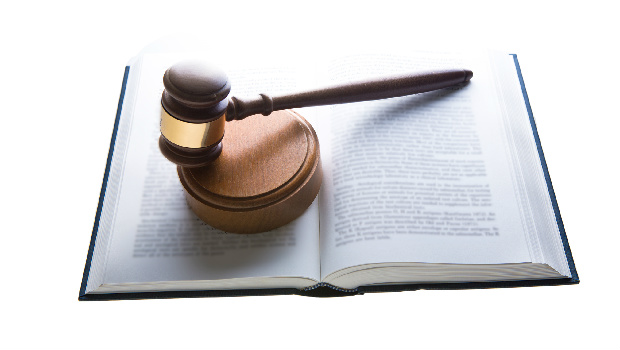Ericsson and Apple filed patent lawsuits against each other in the US in a dispute over royalty payments demanded by the Swedish telecommunications equipment manufacturer.
For about two years the companies have been locked in negotiations over renewal of an expired licensing deal on patents that Ericsson deems essential to industry standards. Since they can’t agree on a new license fee, they are going to duke it out in the courts.
Every Apple smartphone and tablet with cellular capability uses technology from Ericsson for which Apple should pay a licensing fee, Ericsson said in a suit filed Wednesday in the US District Court for the Eastern District of Texas.
The suit is a response to one Apple filed on 12 January in the US District Court for the Northern District of California after the companies failed to reach a new deal. Apple asked the court to rule that it does not infringe on LTE patents that Ericsson deems essential to that standard. It also alleges that Ericsson’s patents are not essential to the standard and that if the court does find that any of them are, that the Swedish company is demanding an unreasonable royalty rate, according to a copy of the complaint seen by IDG.
Apple said Ericsson’s royalty demands should be proportionate to the value of the technology to which it applies, notably the Qualcomm baseband processors in Apple products that use industry-standard communication protocols, and not to the entire device.
In its countersuit, Ericsson maintains that its patents are essential to the standard and asks the court to rule its licensing demands for its entire standards-essential patent portfolio are fair.
Industry standards are formulated by standard-setting organisations such as the European Telecommunications Standards Institute (ETSI) which helped create the LTE standard and of which both Apple and Ericsson are members. Standards bodies usually require that patent-holders with patents they deem essential to a standard license them on fair, reasonable and non-discriminatory (FRAND) terms. However, companies often disagree about what is a fair and reasonable price for such a license.
Fair price
“We’ve always been willing to pay a fair price to secure the rights to standards-essential patents covering technology in our products. Unfortunately, we have not been able to agree with Ericsson on a fair rate for their patents so, as a last resort, we are asking the courts for help,” an Apple spokesman said.
Ericsson said it filed the suit to in order to get an independent assessment of whether its global licensing offer complies with its FRAND commitment, and said its goal is to reach a mutually beneficial resolution with Apple. “We believe it is reasonable to get fair compensation from companies benefitting from the development we have made over the course of the last 30 years,” said Kasim Alfalahi, Ericsson’s Chief Intellectual Property Officer.
Ericsson said it has signed more than 100 patent-licensing agreements with most major players in the industry. However, it ran into similar problems trying to renew its licensing deal with Samsung Electronics, which landed both companies in court in the US too. According to Samsung, Ericsson started demanding billions more for its patent licenses.
That case was settled though in January last year. Ericsson said at the time that the initial payment in the agreement added 4.2 billion Swedish kronor (then €440 million) to its sales in the fourth quarter of 2013, and 3.3 billion kronor to net income, suggesting that deal will bring in billions in the years to come.
Loek Essers, IDG News Service







Subscribers 0
Fans 0
Followers 0
Followers